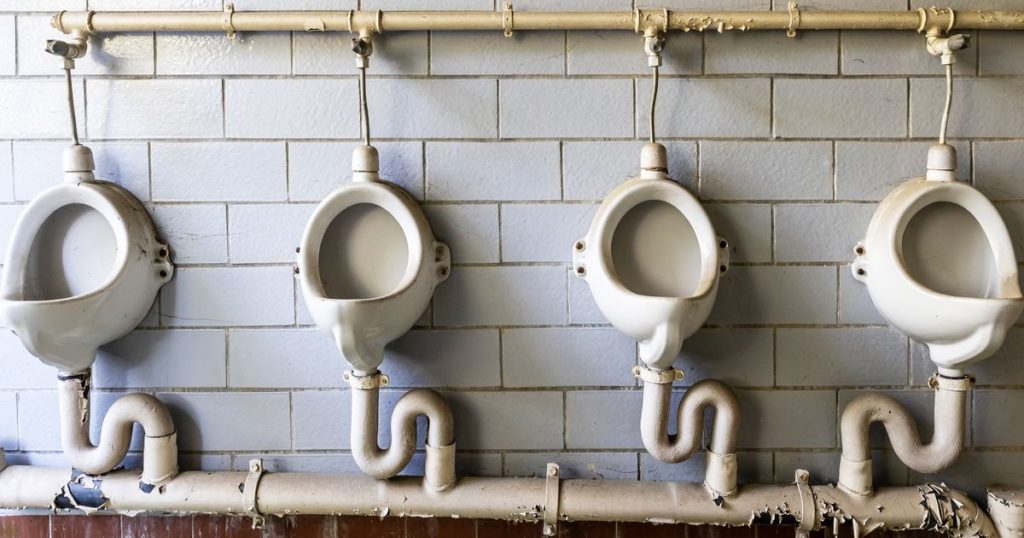A court in Switzerland recently ruled that a watch dial manufacturer was justified in requiring workers to clock out for bathroom breaks, sparking controversy over labor laws in the country. The ruling came following an investigative report by public broadcaster RTS that revealed the practice at Jean Singer & Cie SA. The court ruled in favor of the company, stating that employees were free to take breaks of their own discretion but had to clock out for them. However, the ruling raised concerns about workers potentially holding in their bodily functions or not hydrating enough, leading to physiological disorders.
The court’s decision was made public in June, highlighting a perceived loophole in Swiss labor laws regarding bathroom breaks. Singer argued that the clock-out requirement applied to all types of breaks, not just restroom visits, emphasizing an interruption in work in general. The company’s lawyer stated that the issue was about breaks in general, whether for meals, rest, phone calls, or nature walks. This explanation suggests that the company views bathroom breaks as just one type of interruption that would require clocking out.
Labor inspectors became aware of the clock-out requirement during a site visit prompted by the COVID-19 pandemic in 2021. In response to the ruling, the company was ordered to cease the practice, with inspectors citing potential health risks associated with holding in bodily functions or not drinking enough water. The court acknowledged that while Swiss labor laws covered issues such as restroom hygiene and business decisions, a gap existed in addressing employees’ right to access the restroom as a basic physiological need. This raised questions about the need for lawmakers to intervene and clarify regulations relating to bathroom breaks in the workplace.
The ruling by the Swiss court has underscored a debate over employee rights, with some arguing for clearer regulations on bathroom breaks to protect worker well-being. The court’s emphasis on the lack of specific provisions in Swiss law regarding restroom access highlights a potential oversight that could have broader implications for labor law in the country. The case has brought attention to the balance between business needs and employee welfare, prompting calls for greater clarity on the rights and protections afforded to workers in Switzerland.
While the court acknowledged the company’s argument about the interruption of work in general, it also raised concerns about the potential health consequences of restricting bathroom access for employees. This case has highlighted a controversial issue that has ignited discussions about the balance between productivity and worker well-being. As the labor landscape continues to evolve, it remains to be seen whether policymakers will address the gap in regulations concerning bathroom breaks to ensure the protection of employees’ basic needs and rights in the workplace.
Overall, the ruling in Switzerland regarding clocking out for bathroom breaks has sparked a broader conversation about labor laws, employee rights, and workplace norms in the country. The case has shed light on a potential loophole in Swiss regulations concerning restroom access and has prompted calls for clearer guidelines to protect worker well-being. As stakeholders discuss the implications of the court’s decision, the debate over how to balance business needs with employee rights continues, underscoring the ongoing challenges facing labor laws and regulations in Switzerland.


